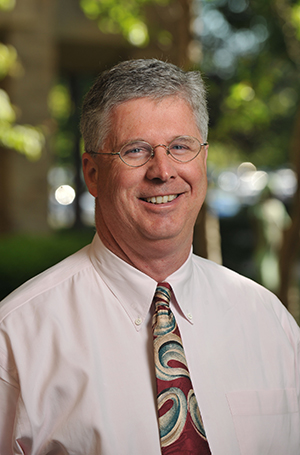
The public has lots of questions about refugees, and William Evans and Danny Fitzgerald have come up with some answers.
Evans, chair and Keough-Hesburgh Professor in the University of Notre Dame’s Department of Economics and co-founder of the Wilson Sheehan Lab for Economic Opportunities, and Fitzgerald, a senior economics and mathematics major, have been analyzing a quarter-century of data to determine the economic impact of refugees who enter the United States.
The project was an effort to provide a more complete picture of how refugees are integrating in the U.S. They will present their findings to the U.S. Conference of Catholic Bishops (USCCB) in Washington, D.C., on Tuesday (Nov. 15). The USCCB is the largest of nine “voluntary agencies” tasked by the State Department with resettling refugees in the United States.
“You see a lot of claims by Congress about the cost of refugees, but they really aren’t backed up by data,” Fitzgerald said. “Whatever data we come up with is going to be beneficial for them to craft proper policies down the line.”
Evans and Fitzgerald’s findings indicate that, initially, refugees between ages 18 and 35 are typically underemployed and use public aid programs. But over the course of 20 years, refugees adapt to American life and, on average, pay more in taxes than they receive in benefits.
Additionally, refugees entering the U.S. before the age of 14 tend to graduate high school and college at slightly higher rates than their U.S.-born peers.
Evans and Fitzgerald plan to eventually publish their findings in an academic journal, but in the meantime, Evans hopes the presentation will spur discussion about the best way to serve refugees’ needs.
“A lot of social service organizations are in the refugee resettlement business, and this whole area is just lacking some hard data,” he said.
The research project involved looking at roughly 18,000 refugees who entered the country between 1990 and 2014. Fitzgerald combed through census data to locate people entering the country as refugees, then tracked their employment, education, dependence on social programs, tax history and other factors.
Contact: William Evans, 574-631-7039, wevans1@nd.edu